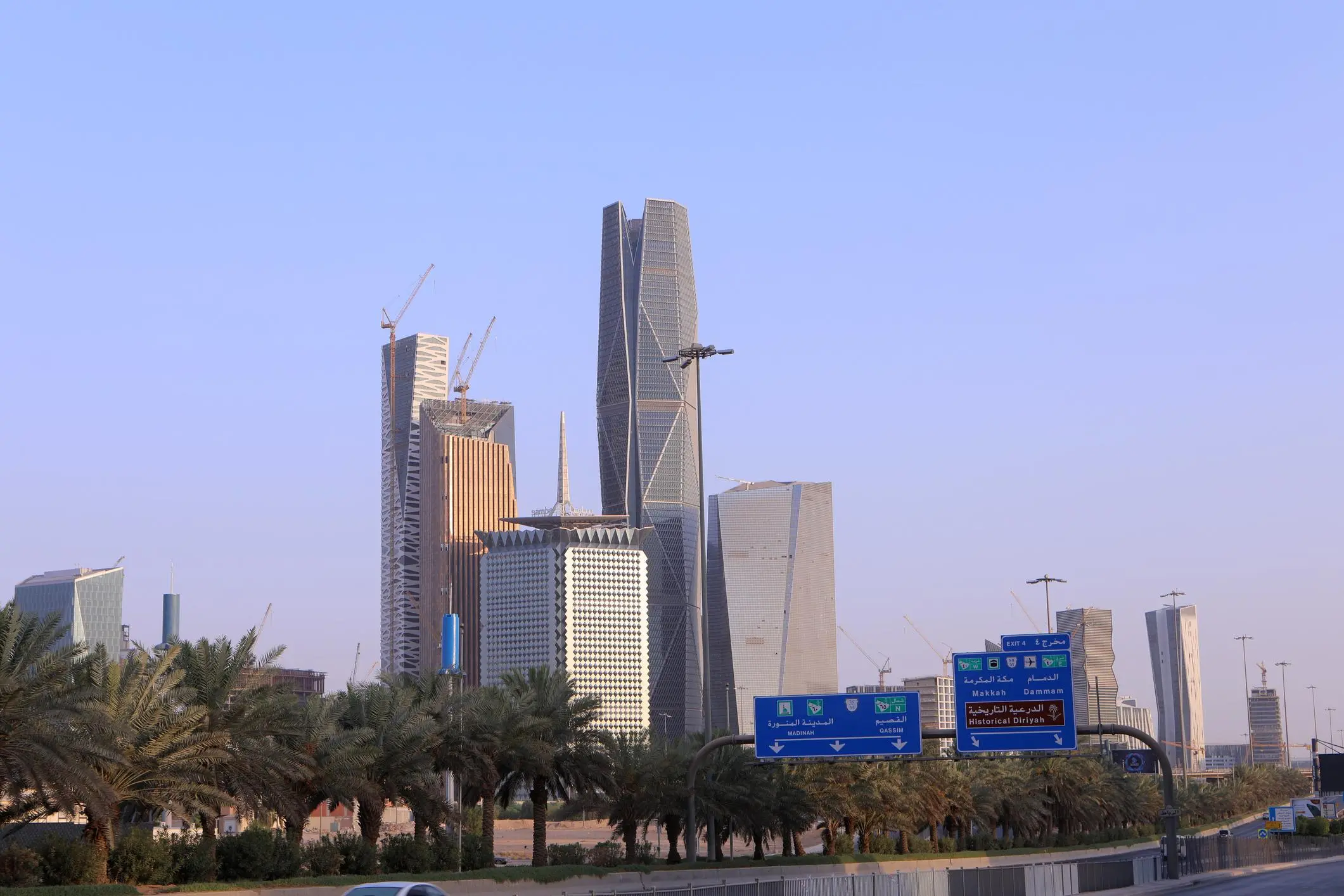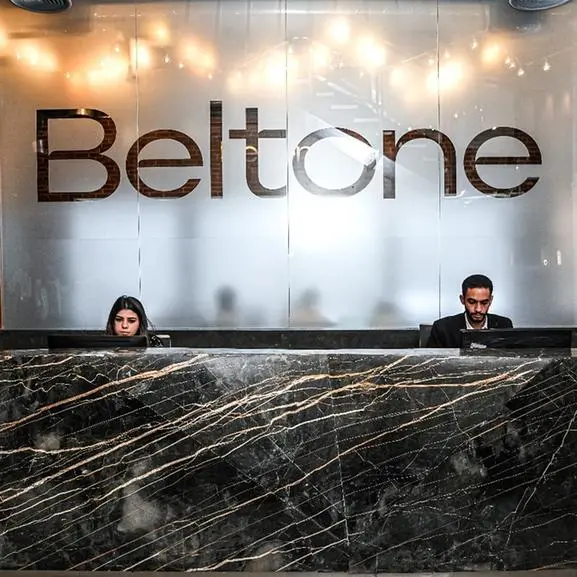PHOTO
JEDDAH: Public-Private Partnerships (PPPs) are an effective way to reduce the burden on the government and encourage more private investment and involvement in the economy. Saudi Arabia has been using PPPs — merging government bodies with private companies aligned in their fields — for decades. Some of the well-known names involved in recent endeavors include Saudi Aramco, Saudi Airlines, SABIC and the Haramain High-Speed Railway.
Under the Saudi Vision 2030 transformational plan, PPPs and the divestment of state-owned properties are seen as a crucial step to changing how the government operates. A key aspect of this is to change the role of the government from an implementor to a regulator and encourage more private sector involvement in the Kingdom.
“PPP and privatization will support these objectives by facilitating the transfer of ownership of economic activities, services and assets owned or traditionally delivered by the government to the private sector,” Tim Armsby, a partner in the Projects and Finance section at law firm Pinsent Masons Middle East, told Arab News.
“This will play a key role in transforming the country from an oil-dependent economy to a diverse, private-sector driven one,” he added.
He said the Kingdom has a long track record of using PPPs, but this has been limited historically to certain main sectors, especially traditional power, where new plants were built on a Build-Own-Operate basis by the private sector.
“The private sector has financed these plants and entered into a long-term (25-year) power purchase agreement with the government. Saudi Arabia is now seeking to use PPPs in a much wider range of sectors, including education, agriculture, water, environment, real estate, tourism, housing, technology and transport,” he said.
A variety of new projects have been launched on the market over the last few years, including a number of renewable energy projects, water and waste-water projects, schools, hospitals, diagnostic centers and ports. The National Centre for Privatization and PPP, which is a government body mandated to enable the program, lists 11 transactions currently within its remit that have closed, 18 that are under tender and 34 that are under preparation, Armsby said.
In order to encourage more PPPs in the future, the lawyer said legislative changes may help to facilitate this. “The last few years have seen a series of laws issued to establish the principles and bodies to support the delivery of PPP and privatization in the Kingdom,” he said.
A draft law was issued in 2018, and this is understood to be in the final stages. Armsby said there is even an appetite to include an initial public offering as part of future PPP packages, “which introduces another interesting element to the initiatives.”
Traditionally, PPPs were governed by English law, which Armsby said may also change going forward. “It can be expected that the government may wish to move away from this approach, and therefore there are likely to be more changes to the general legislation to provide further comfort to the private sector and international investors in particular,” he added.
Copyright: Arab News © 2021 All rights reserved. Provided by SyndiGate Media Inc. (Syndigate.info).





















